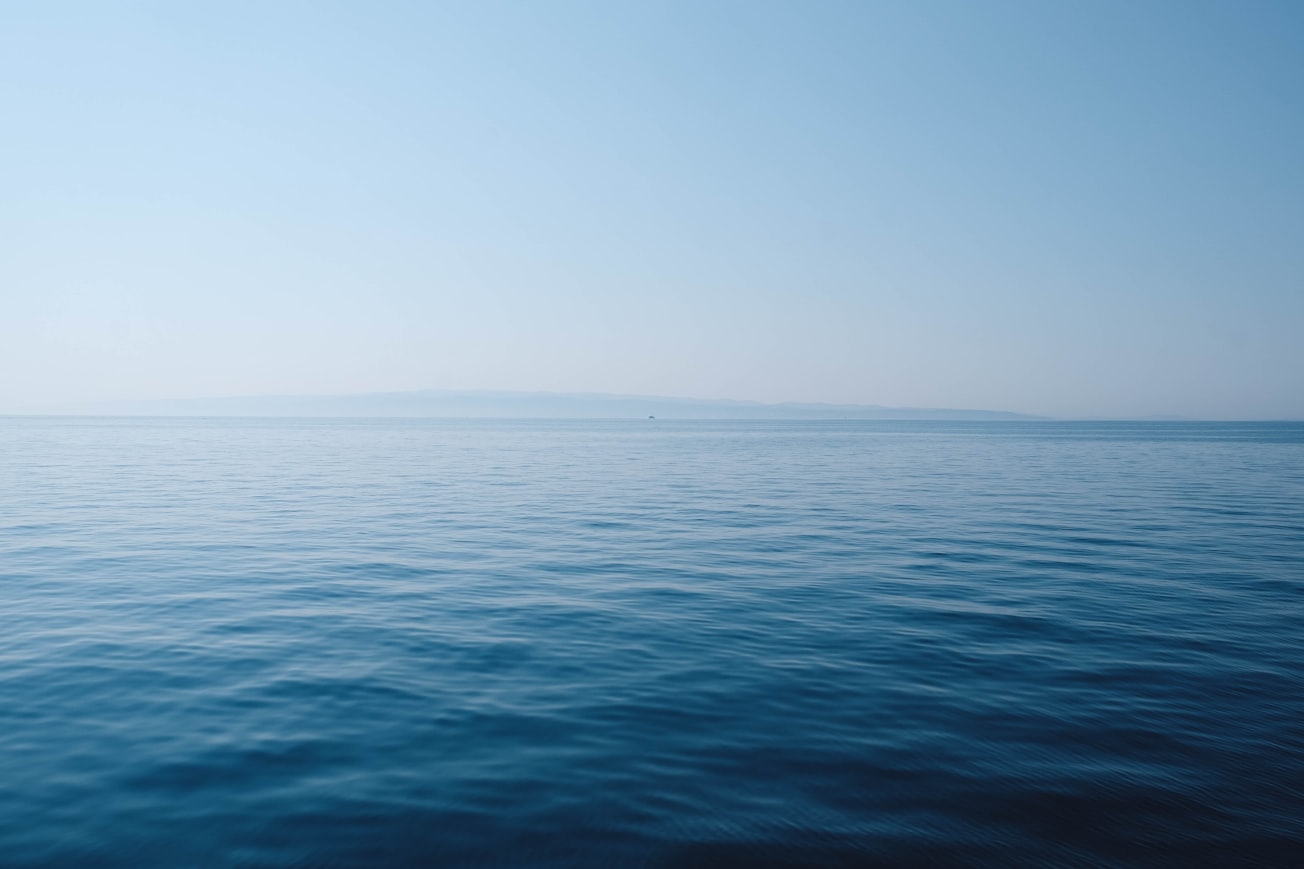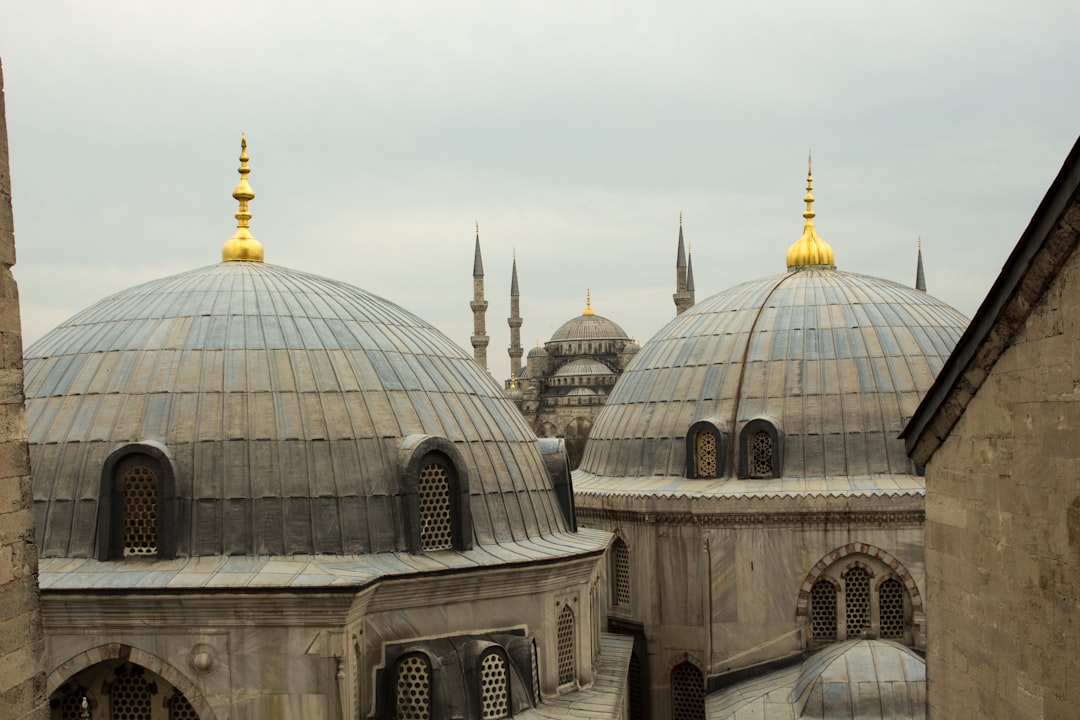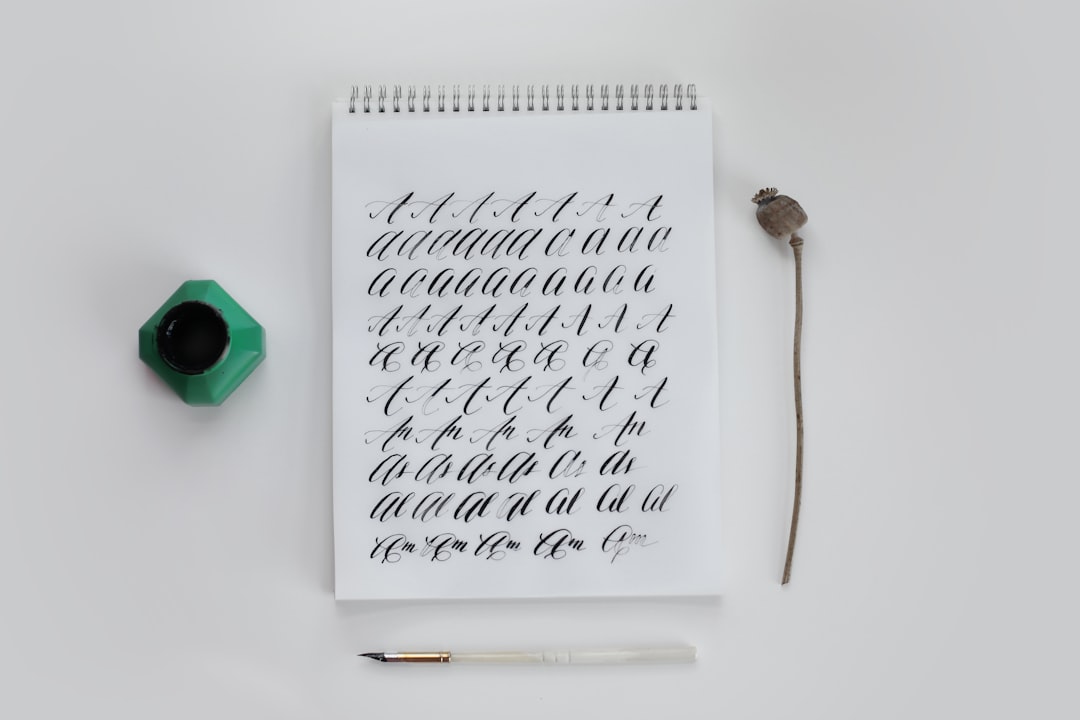What is it about?
The essay analyzes the film and the play as examples of a deeper and subtler inquiry into the experience of migrants crossing the Mediterranean. In creative ways, Segre and Albe offer ways to reverse the sense of crisis characterizing the arrival of migrants. Segre use interviews with women in a film version of the theater of narration, and Albe resort to a paradoxical monologue accompanied by singers to give voice to several migrant stories.
Featured Image

Photo by Thomas Vimare on Unsplash
Why is it important?
At a time in which the Mediterranean crossing on the part of migrants is seen exclusively as a source of preoccupation according to which migrants are illegal invaders, the film and play offer the stories of migrants as individuals and their perspective on the experience of fleeing, which affords them singularity and agency.
Perspectives
Segre's film has not been distributed and is not available with English subtitles. The paper is a rare reading of it. The play by Albe is well-known piece that has never been read with attention to the act of counting and recounting at the core of its structure.
Teresa Fiore Fiore
Montclair State University
Read the Original
This page is a summary of: From crisis to creative critique: the early twenty-first century Mediterranean crossing on stage and screen in works by Teatro delle Albe and Andrea Segre, Journal of Modern Italian Studies, August 2018, Taylor & Francis,
DOI: 10.1080/1354571x.2018.1501997.
You can read the full text:
Contributors
The following have contributed to this page










